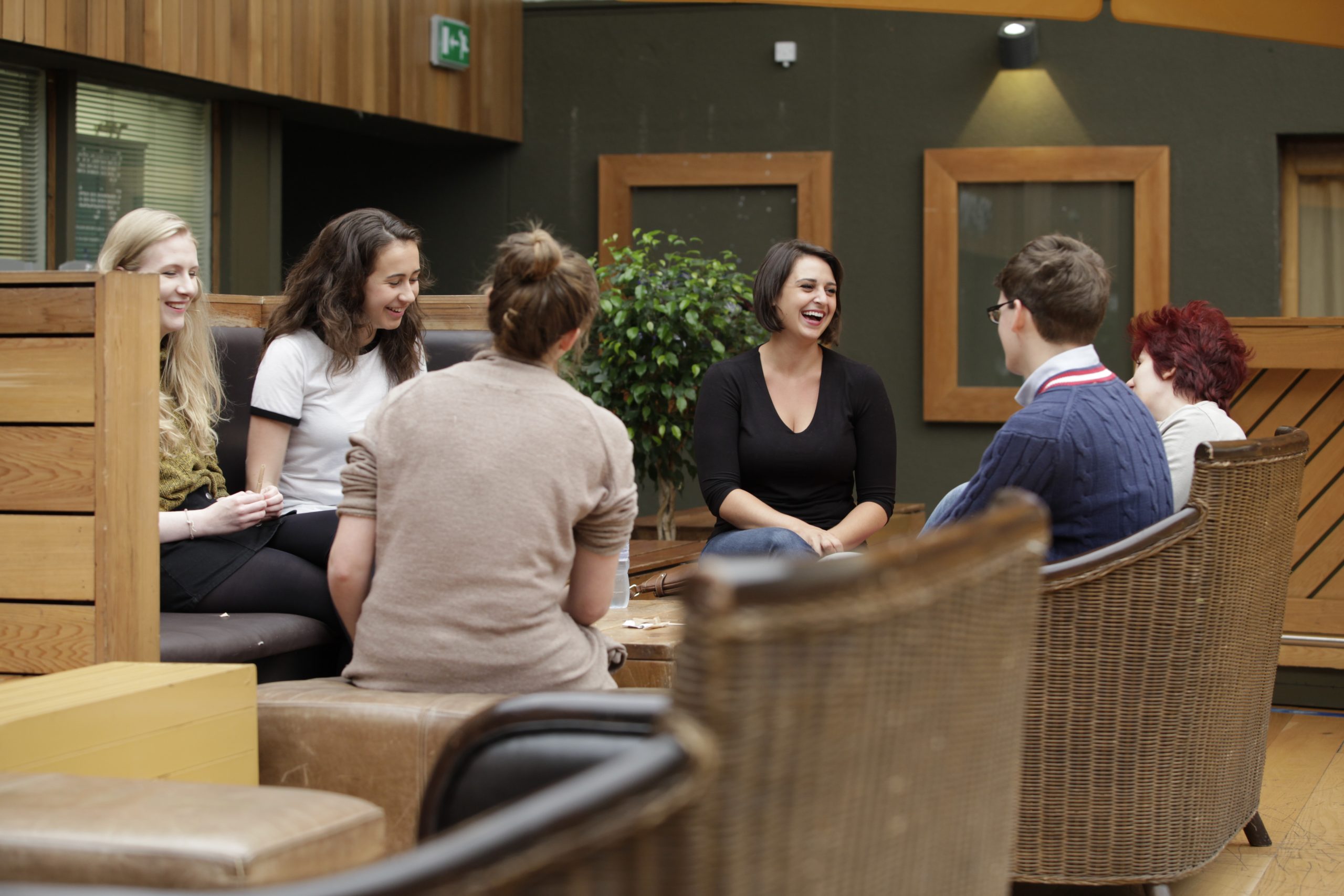Category: Conferences
Much of university recruitment is aimed at school-leavers, but what if you are older or have been out of education for some time? Tristan – MA (Hons) Ancient and Medieval History – told us his story. In 2018, the University of Edinburgh launched its Access Programme as part of its Widening Participating Initiative. As a […]
Student Ambassador reports back from presenting her paper. In late February 2020, I was very fortunate to have the opportunity to present a paper at ‘From Margins to Centre? An Undergraduate Conference on BAME, LGBTQ+, Women’s and Disability History’ at The University of York. I had never attended a conference before and had no idea […]


